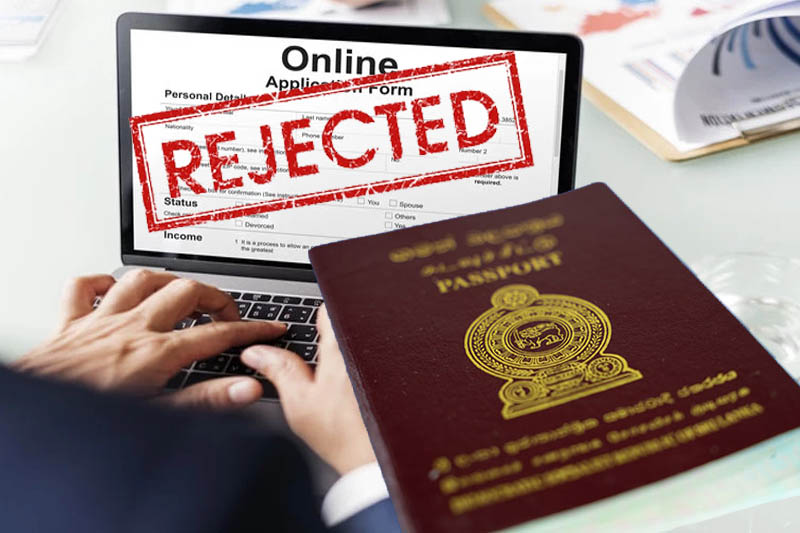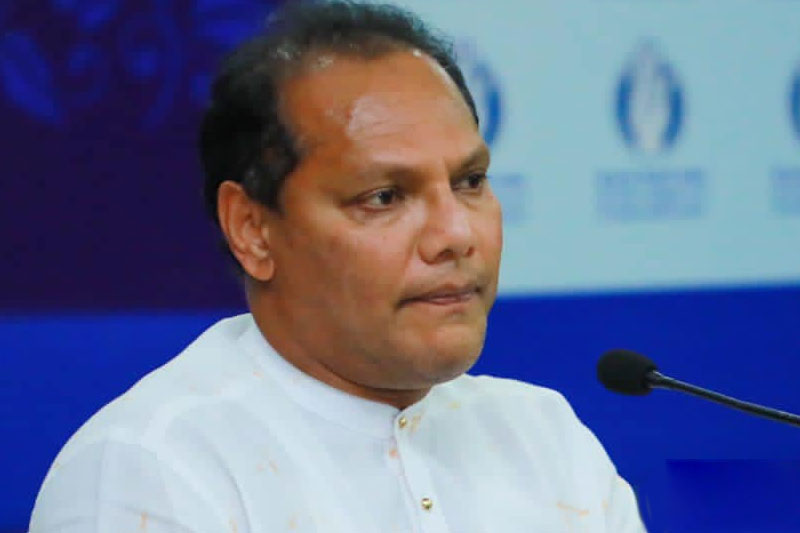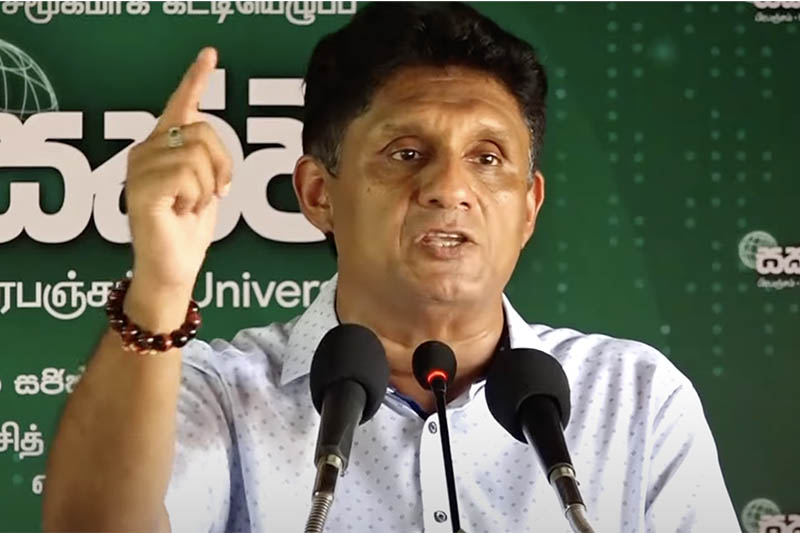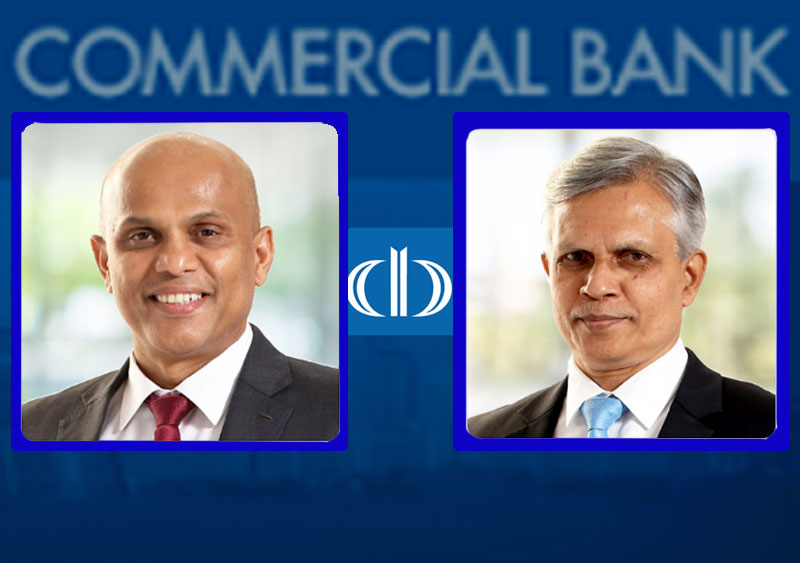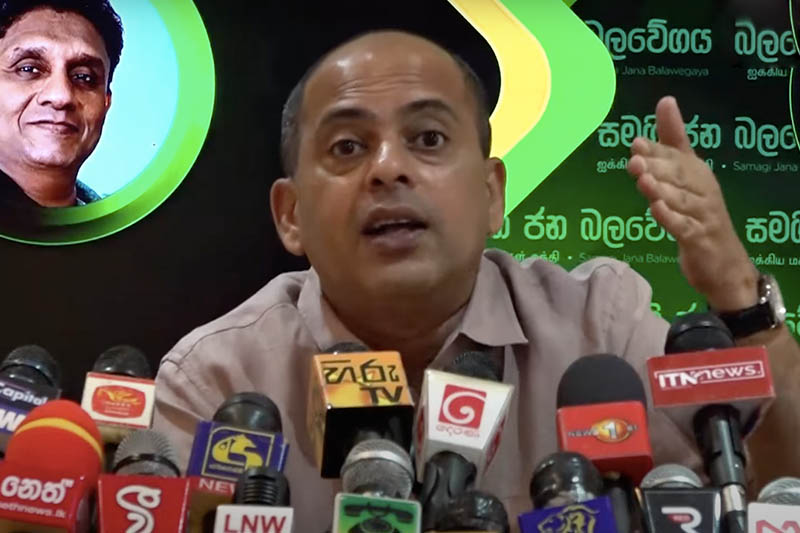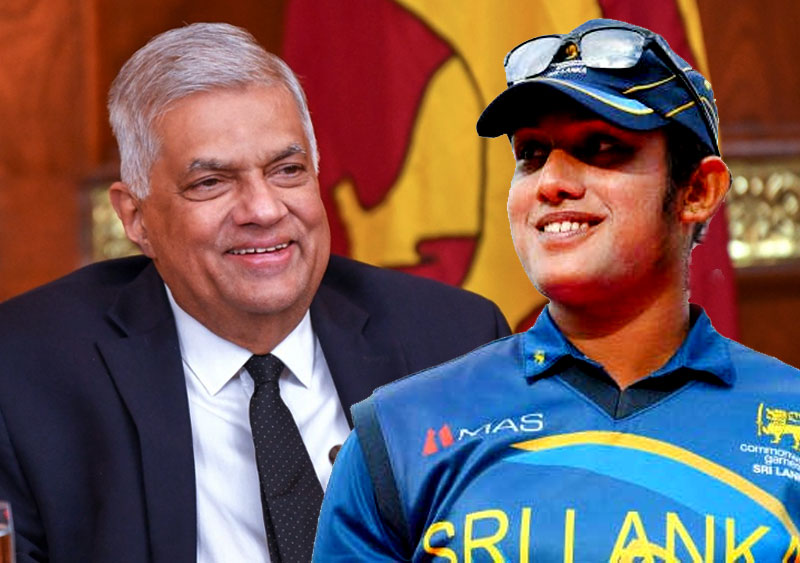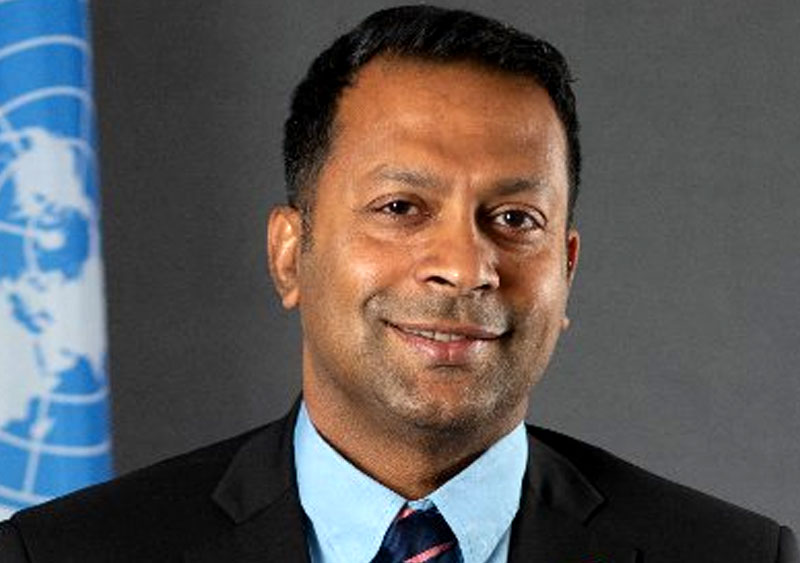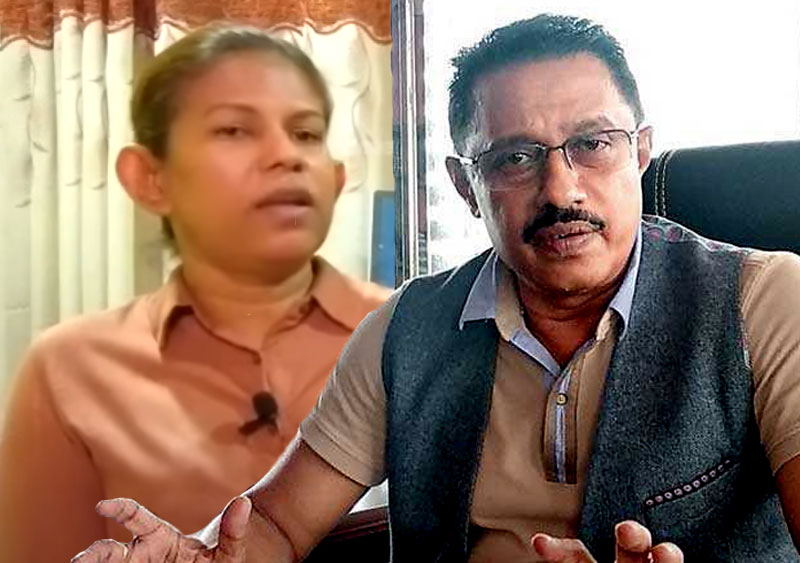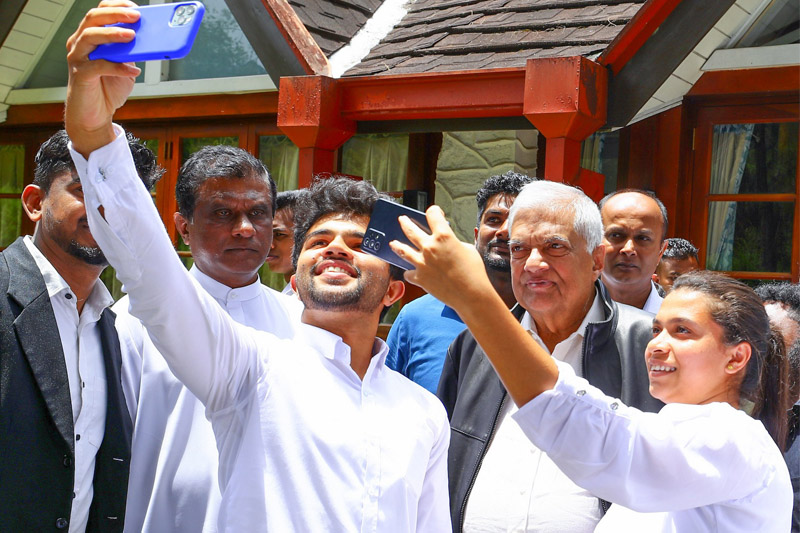University students want Asia’s best finance minister Ravi Karunanayake to be appointed chairman of an economic operations centre, which they propose to rebuild the country, and will be directly accountable to the president.
They note the president should understand the futility of typical practices of the Finance Ministry and Central Bank officials to overcome this economic crisis.
The country and the people have to pay for the careless, unprofessional and foolish conduct of these officials, they stress.
Making this request from president Ranil Wickremesinghe are a group of students including Heshan Sampath Tilakaratne, Antony Agash Vaas, Geeth Tharuka Munasinghe of Sri Lanka Technology University, Erandi Anuradha Subasinghe and Akila Shehari Dulanjali of Sri Lanka Institute of Accountancy, Achintha Madura Samarasinghe, Samith Isuranga, Lumbini Pramodya, Nilanthi Manel and Hemantha Thushitha Kumara of Sri Jayewardenepura University.
They call for the staffing of the economic operations centre they propose with economists, statisticians and specialists in respective fields who think higher, take prompt decisions fearlessly, possess sophisticated thinking power and analytical capabilities and capable of thinking beyond tradition.
Also, they point to Ravi Karunanayake’s call for a digitalization of the economy as one that makes him a mature global political leader who values modernity.
His call, which will be a solution to all problems causing abject helplessness of the people and to the grave economic crisis, is a clear indication of his modern global vision, imagination, experience, targets and methodology in comparison to other political leaders, they say.
Educated, intelligent, experienced global politicians of his caliber should be included the president’s programme to rebuild the country and uplift the living standards, and should be part of the proposed economic operations centre, the students stress.
They agree with Karunanayake’s accusation that it is the Central Bank, not the respective governments, that had sent the country into bankruptcy.
Pointing out that since 1994, the country has had finance ministers in Chandrika Kumaratunga, Dr. Sarath Amunugama, K.N. Choksy, Mahinda Rajapaksa, Ravi Karunanayake, Mangala Samaraweera, Basil Rajapaksa and Ali Sabri, they claim that excepting Karunanayake, none of the others had either been internationally acclaimed or felicitated locally for having effectively fulfilled their duty, responsibility and obligation towards the country.
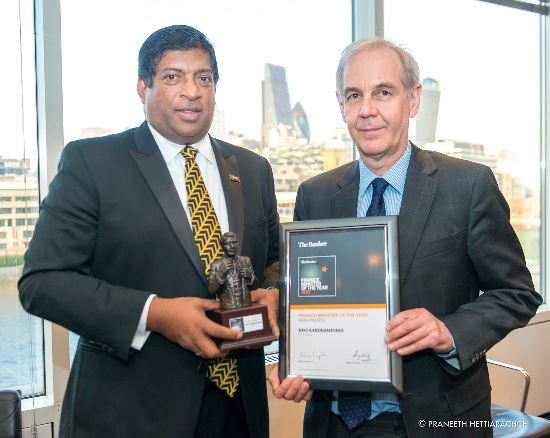
The prestigious Banker Magazine presented Finance Minister Ravi Karunanayake the 'Best Finance Minister of the Year 2017 - Asia Pacific Region Award' at the Financial Times Headquarters in London on 24 March 2017 | Praneeth Hettiarachchi
Karunanayake was chosen by ‘The Banker’ magazine as the best finance minister in the Asia-Pacific in 2017 for his success in evading a financial crisis due to a balance of payment issue, restoring fiscal reserves and rebuilding confidence among foreign investors.
He was able to secure an increase in tax revenue from Rs. 1,050 billion in 2014 to Rs. 1,355 in 2015, up by Rs. 305 billion, or 30 per cent, and the production-related tax income by Rs. 241 billion to Rs. 497 in 2015 from Rs. 256 in 2014.
For decades, the ratio between revenue of the state and the GDP had been on the decline to cause most of the state financial woes due to a drop in state revenue.
In 2000, it stood at 17.2 pc and fell further to 11.6 pc in 2014, but Karunanayake managed to improve it to 13.3 pc in 2015, and further to 14.1 pc in 2016.
With the appointment of a new finance minister, it began to slide once again and stood at 9.6 pc in 2020.
Karunanayake was also able to increase excise revenue from Rs. 69 billion in 2014 to Rs. 105 billion in 2015, and income from the tobacco levy from Rs. 57 billion in 2014 to Rs. 80 billion in 2015.
While securing an income of around Rs. 60 billion through these, he also expanded the tax net technically to charge more from the affluent and grant considerable relief for the poor.
It is a known fact that the IMF is stressing the need to strengthen financial policies, for tougher policy interest rates, to raise taxes further and to adopt flexible exchange rates.
What the IMF says is to steer the economy by making use of the technical and practical strategies in the same manner Karunanayake directed the economy then.












